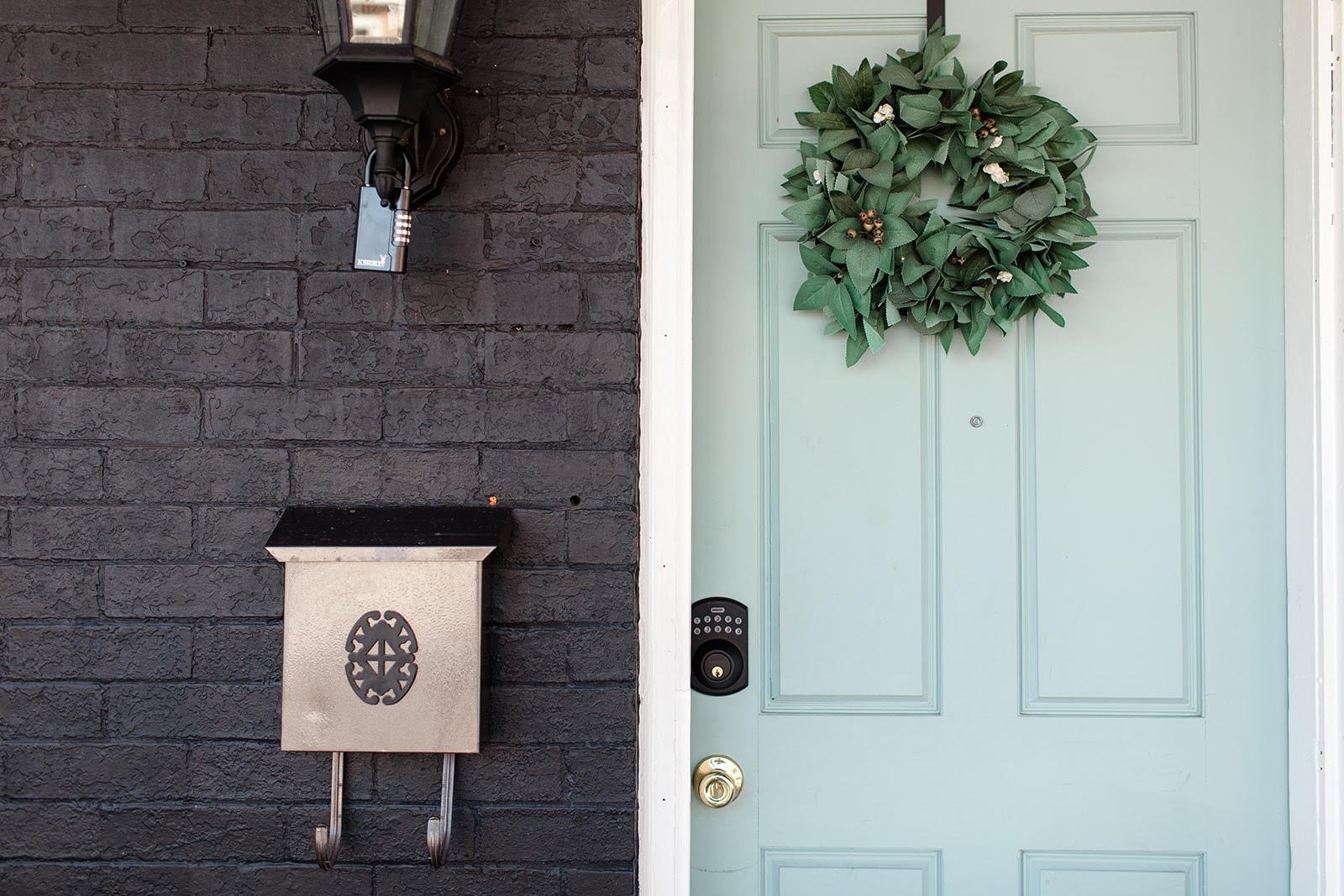Two Truths & a Lie About Motherhood After the Little Years
For ten years, I had either a baby or a toddler; I spent a decade bearing, nursing, diapering, and defending from accidental death one or two daughters at a time. But now our youngest daughter is four and our eldest twelve. We travel without booster seats, strollers, or diapers. All four of our daughters can manage a staircase safely; most can prepare their own food. Ordinarily, three of our girls are in school, and while they are gone, our youngest spends much of her time at home on her own, gleefully playing with her sisters’ toys.
What this means, practically, is that whole mornings go by in which no one, in any urgent sense of the word, needs me. And I wonder: as our children grow older, how does our work as mothers change? What does it look like to glorify God in this new season?
Truth: Our Children Still Need Us
When our children are small, most of our daily decisions are made for us: the baby must eat, she must be changed, the toddler needs help with her shoes. Their needs require us, on a regular basis, to look to the interests of another.[1]
But the daily needs of older children aren’t quite so urgent: they can make their own lunches and put away their own laundry. They can (usually) find their own shoes. With tasks like these, they are far more likely to want our involvement than need it, which means that when they do ask for help, we often have the option to say no. (And sometimes we are wise to say no and let them work through a challenge on their own.)
So here is the question: Will we continue to lay down our lives for our children when their needs seem less demanding? When my fourth grader asks me to read her a book, her request doesn’t feel urgent or even necessary—she could read the book herself. But her need for love, for the confidence that she is more important to me than my writing deadlines or my swept floors, is real. She needs me to choose her.
Our older children do still need us, sometimes more deeply than they did when they were small. But with the urgency gone, their needs seem easier to overlook. Our children need us to be available, to listen when they are ready to talk, to do our best to answer their hard questions. They need us to disciple them, and to enter into their struggles as best we can. They need us to go on showing them the self-denying, generous love of our Redeemer.
Truth: We Still Have Meaningful Work to Do
Motherhood beyond the little years is a season of possibility, of tackling tasks long left undone, of asking God, “What next?” I have several friends who are a few years ahead of me, and when I look at them, I see women who—while still deeply invested in serving God and their families—work outside the home, or who volunteer to serve in the church or in their children’s school. Some homeschool their children; others are caring, unexpectedly, for aging parents.
But one thing these women all strive to do is look to Christ alone for their identity. Our work as mothers isn’t done, and it isn’t what defines us. Whatever God gives us to do next year, whatever shape our days take, we can abide more deeply in him and faithfully love those he gives us to love.[2] Andi Ashworth writes, “We worship God as we give ourselves away.”[3] That calling isn’t limited to one season, and it isn’t limited to motherhood—that is the work of a whole Christian life. May we live it out faithfully in this season and in the next.
Lie: We’ll Find Our “True” Selves Again
I’ve heard moms talk about this moment—this “all the kids finally out of diapers” moment—like it’s a finish line, as though we ran hard and the race is over. High fives all around. I’ve heard rumors about getting my life back, about resuming paused hobbies, about reconnecting with my true self, the one who apparently spent the last decade buried beneath maternity tops and nursing pillows. But I wonder if it isn’t the other way around. I wonder if my true self was not the one showing through in those years of sleep deprivation.
One of the awkward mercies of motherhood is that it forces us to reckon with our sin; it drives to the surface our selfishness and pride. Those three o’clock feedings, that toddler drama, the preschooler parroting our sharp words in play—through them, God reveals what we truly love, and the answer isn’t always him. Yet in those moments of bitter revelation he reminds us that he is our Father: he sees the full depth of our sin, and he meets it with perfect, unchanging, gentle love.
The world around us claims that we are our “true” selves when we are fit, dressed well, and doing something we love. But God’s metric is different: if we have such things as “true” selves, we are them when we are rooted in him and when we gladly use our gifts in his service.[4] Now is not the time to take our lives back—but to offer them to him anew.
[1] Philippians 2:3–6.
[2] John 15:9.
[3] Andi Ashworth, Real Love for Real Life (Rabbit Room Press, 2002), 95.
[4] Ephesians 3:14–19.










